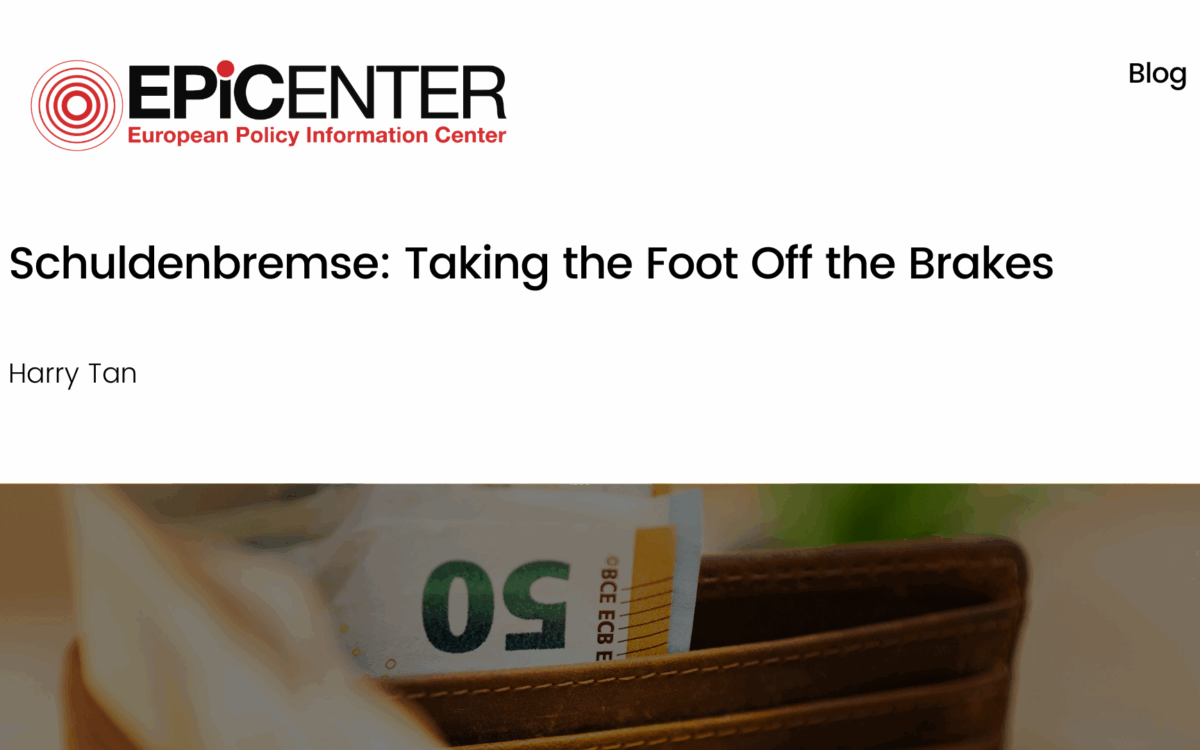Uber: A Tech Pioneer or an Old Taxi Company?

Uber: A Tech Pioneer or an Old Taxi Company?
Emily Schimelpfenig // 19 July 2017
On 4 July, European Court of Justice’s Advocate General Szpunar released an opinion stating that UberPop should be considered illegal, adding to the string of losses for Uber in the European court system. This battle is just one of a myriad that tech startups are facing at the European level. The court battles faced by Uber will continue to occur as even more industries become digitalised. These companies, which are disrupting entire sectors like digital currency, drones, autonomous vehicles, and peer to peer lending, have risen up by avoiding regulations and are now being forced to “grow up”. However, the question currently facing the courts is the following: is Uber a tech company, a transport company or something else entirely?
It is not hard to see why Uber wants to be viewed as a tech company. When comparing the S&P 500 Information Technology Index to the S&P 500 Transportation, the price to earnings ratio is 7 times more with the technology tag. Uber is even valued about 6 times higher than the average technology company in terms of price to sales. These numbers indicate that there is more value in the tech industry than in the more traditional transport industry and that Uber will have much more investment as a tech company.
By claiming that Uber is an information society service, the company has so far enjoyed less stringent rules within the EU. Thus, in order to avoid new regulation, Uber must prove to the European Court of Justice that the primary element of its company is the app which allows for users (consumers) to request drivers, rather than the app being a mere intermediary between drivers and riders.
On the contrary, if Uber were a transport company, it would be subject to normal taxi regulation and would risk a sharp devaluation in its value. Currently though, Uber claims to follow many of these regulations already, so – apparently – the change would not be too drastic. However, Uber believes that the regulatory scheme is outdated and is calling for reform in both the transport industry and the digital economy to allow for more and better access to a ‘reliable ride at the tap of a button’.
While we wait for the court decision, it is important to realise the impact that this ruling might have on other intermediary apps. Should Uber be declared a transport company, it would have a ripple effect on many other intermediaries, like Airbnb, Skype, Venmo, and Paypal. These tech startups could also be subject to more regulation (such as Airbnb being regulated like hotels are), which would significantly decrease their ability to operate, grow and satisfy consumers’ demand in Europe.
The most interesting point in all of this debate is that – unfortunately – the EU is incoherent on its policies. On the one hand, European institutions are trying to implement the so-called digital single market (where apps like Uber and Airbnb would be crucial) and increase access to Internet services; on the other hand, instead, they are slapping large fees on tech giants like Google and forcing more regulation upon technology intermediaries. EU legislators recently implemented the “Roam-Like-At-Home” rule, a policy which has resulted in the elimination of roaming charges in the EU but they are also restricting the ability for citizens to capitalise on this through the use of digital intermediaries. The Commission hopes to have high-speed Wi-Fi everywhere in the Union by 2025 but attacked Google shopping for its algorithms a few weeks ago. These inconsistent practices are going to affect the ability for tech start-ups to enter the European market, reducing the scope for the forthcoming digital revolution.
Obviously, there doesn’t have to be a black and white decision for these technology intermediaries. The EU has the option to develop a set of regulations for the intermediaries themselves. This would allow more freedom for these companies and the EU in making decisions on which regulatory schemes are applicable. The downside to this is that it would be very costly and complicated because each intermediary tends to fit into a different niche. The regulations that apply to Uber would not work for Airbnb or Skype as they operate in completely different industries.
Uber is the beginning of a world increasingly run by the apps in our hands. Whilst cheering for the current process of creative destruction, regulators should find the best way to transition traditional industries into the digital economy. This would involve different forms of regulations. For example, a single tier of regulation implemented over a five-year period could be one way of integrating traditional industries. Overall, it is important for the EU to find a balance between its digital economy agenda, the benefits of technological intermediaries, and the impact that these have on traditional industries.
EPICENTER publications and contributions from our member think tanks are designed to promote the discussion of economic issues and the role of markets in solving economic and social problems. As with all EPICENTER publications, the views expressed here are those of the author and not EPICENTER or its member think tanks (which have no corporate view).



